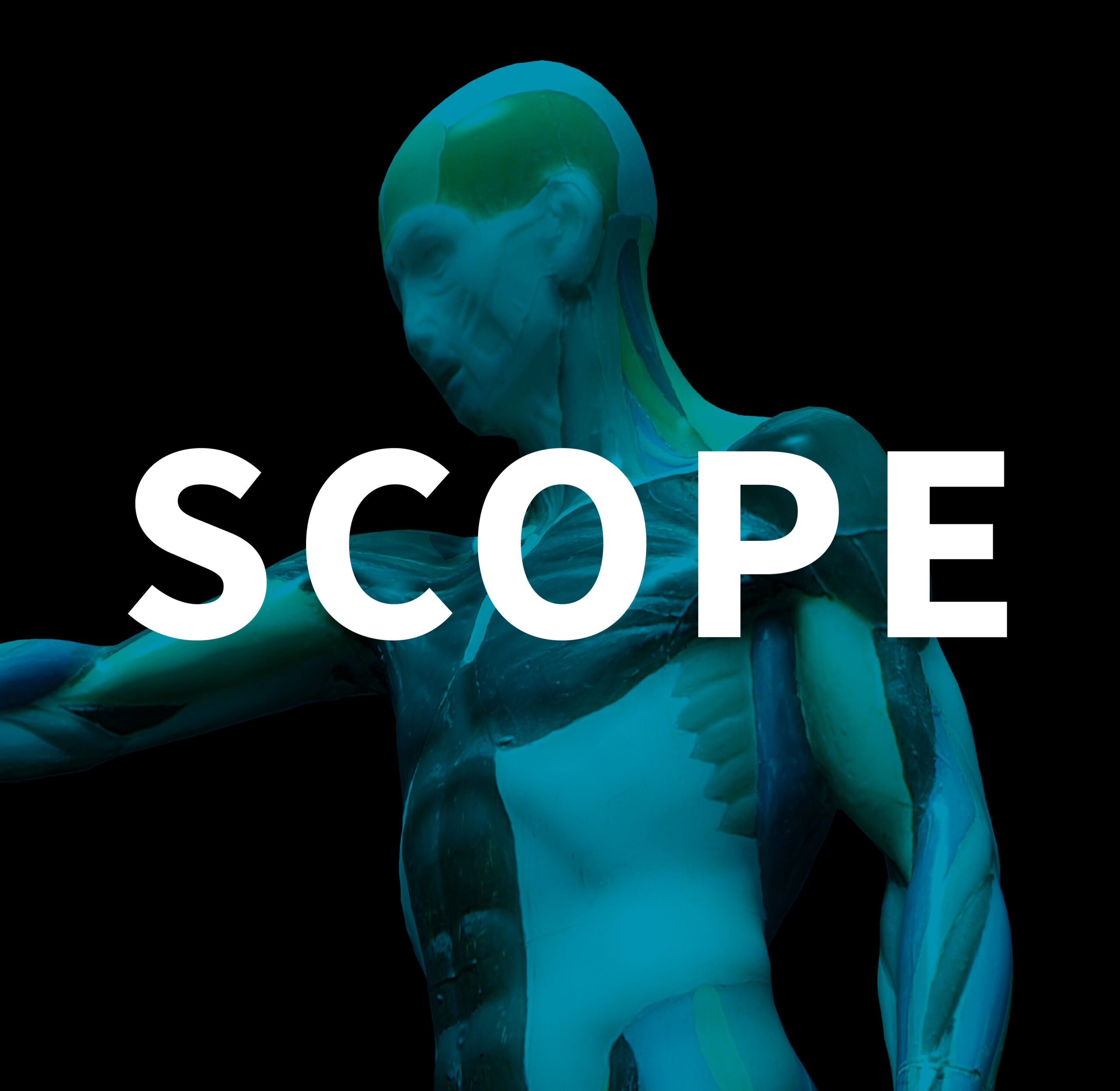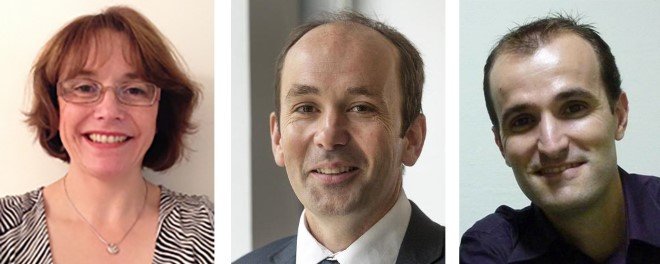Professors Fiona Denison, Richard Mellanby and Marc Vendrell reflect on their experiences of taking part in the FLIER programme from the Academy of Medical Sciences.
In 2019, we were selected to take part in the first cohort of the Future Leaders in Innovation, Enterprise and Research (FLIER) programme from the Academy of Medical Sciences.
FLIER is a two year programme that aims to equip future leaders with skills to help solve key health challenges, and enable them to seize opportunities afforded by new discoveries in science, technology and medicine. Edinburgh was the only university to have three participants in the first cohort, which is testament to the incredible talent we have here.
During the FLIER programme, we worked on key aspects and practices behind effective and collaborative leadership, and also reflected on how to build them in the context of cross-sector work. We have networked extensively with an exceptional cohort of leaders across multiple institutions in the UK, which has been inspiring and motivating.
The main thing we have gained from the programme is the ability to reflect and improve our approach to leadership. We have also built stronger networks with healthcare institutions in other sectors where we didn’t have any contacts previously.
Another key benefit for us has been connecting with the others taking part in the FLIER programme, who are all outstanding researchers in their field. We have built strong professional and personal bonds that will outlast the duration of the programme and we are sure will bring benefits to our career for years to come.
Fiona Denison is Professor of Translational Obstetrics and her main interest is undertaking interdisciplinary cross-sector research to drive forward healthcare innovations in developed and low and middle income countries.
Richard Mellanby is Personal Chair of Comparative Medicine, Head of Companion Animal Sciences and Head of Veterinary Clinical Research.
Marc Vendrell is Professor of Translational Chemistry and Biomedical Imaging and his primary motivation in his role is to translate innovations to the clinic so that more chemical technologies can have a direct impact on patient benefit and the society.




Leave a Reply